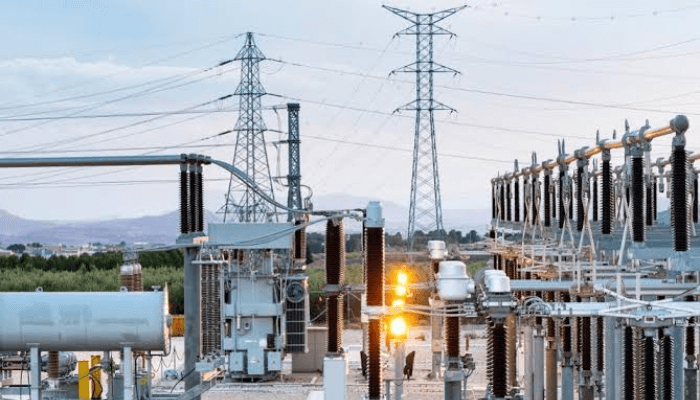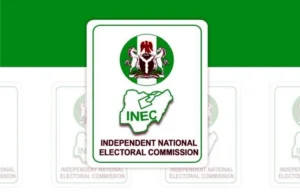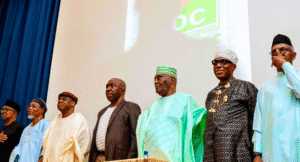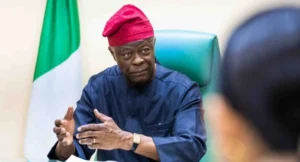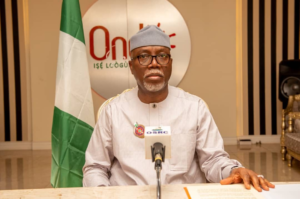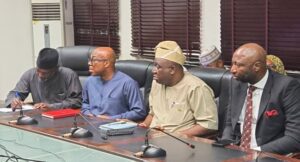Nigeria has reduced its electricity exports to Niger Republic by 42 percent, slashing daily supply from 80 megawatts (MW) to just 46MW, a move that has deepened Niger’s power crisis. According to Haoua Amadou, Niger’s energy minister, the reduction has forced nationwide blackouts and is accelerating a shift toward solar power by households and businesses.
This marks Nigeria’s latest pressure tactic on Niger’s military government, which took power following the July 26, 2023 coup that overthrew President Mohamed Bazoum. Although Nigeria had previously suspended electricity exports under ECOWAS sanctions, partial supply was restored—until this recent cut reignited widespread outages.
Minister Amadou confirmed to AFP that the country now receives only 46MW, compared to the previous 80MW allocation. This shortfall has caused a 30–50 percent drop in electricity generation capacity across Niger, triggering extended blackouts, especially in major cities like Niamey.
A 9am News report observed that this crisis is prompting a grassroots energy transition. In Niamey’s Lazaret neighborhood, solar panels now blanket rooftops. “We no longer experience power cuts here, and there are no monthly bills—everything runs on solar now,” said resident Elhadj Abdou.
Inexpensive solar kits, imported largely from China and priced at around 50,000 CFA francs (€75), have flooded local markets as a practical, long-term solution to the unreliable national grid.
Unpaid Bills and Energy Sector Woes
Beyond geopolitical tensions, financial strain is compounding the crisis. Data from the Nigerian Electricity Regulatory Commission (NERC) revealed that Niger, along with Benin and Togo, owes Nigeria a combined $35 million for electricity supplied in 2024.
A breakdown shows that Togo leads with $15.61 million, followed by Benin at $15.48 million, and Niger at $3.42 million. These unpaid debts have serious consequences for Nigerian power generation companies (GenCos), which rely on timely payments to fund operations, invest in infrastructure, and pay staff.
“Nigeria doesn’t even have enough electricity, let alone exporting it,” said Chinenye Ajayi, head of Power and Infrastructure Practice at Olaniwun Ajayi LP. “But many GenCos still sell power to neighboring countries because our transmission infrastructure caps local distribution at 4,000 to 5,000 MW. For them, it makes commercial sense.”
The six international companies that buy electricity from Nigeria showed mixed remittance records in Q4 2024. Of the $14.05 million invoiced, they collectively paid only $5.21 million, reflecting a poor 37.08 percent remittance performance.
Key figures include:
- Paras-SBEE (Benin): Paid $2.65 million
- Paras-CEET (Togo): Paid $1.64 million
- Transcorp-SBEE (Ughelli): Paid $1.71 million of $3.59 million
- Transcorp-SBEE (Afam 3): Paid $0.90 million of $1.2 million
- Odukpani-CEET (Togo): Owes $2.37 million
- Mainstream-NIGELEC (Niger): Fully paid its $2.60 million invoice
By contrast, domestic bilateral customers showed a higher remittance rate of 63.36 percent, paying N1.25 million of the N1.98 million billed in the same quarter.
Ajayi noted that while electricity exports bring in much-needed foreign exchange, “the lack of assurance in payment raises concerns.” She emphasized the need for safeguards like sovereign guarantees, bank guarantees, or letters of credit to secure international power trade.
As 9am News continues monitoring developments in the regional power sector, the ongoing diplomatic standoff between Nigeria and Niger highlights the fragile balance between commerce, politics, and national interests in West Africa’s energy trade.
Stay tuned to 9am News Nigeria for more Breaking News, Business News, Sports updates And Entertainment Gists.

